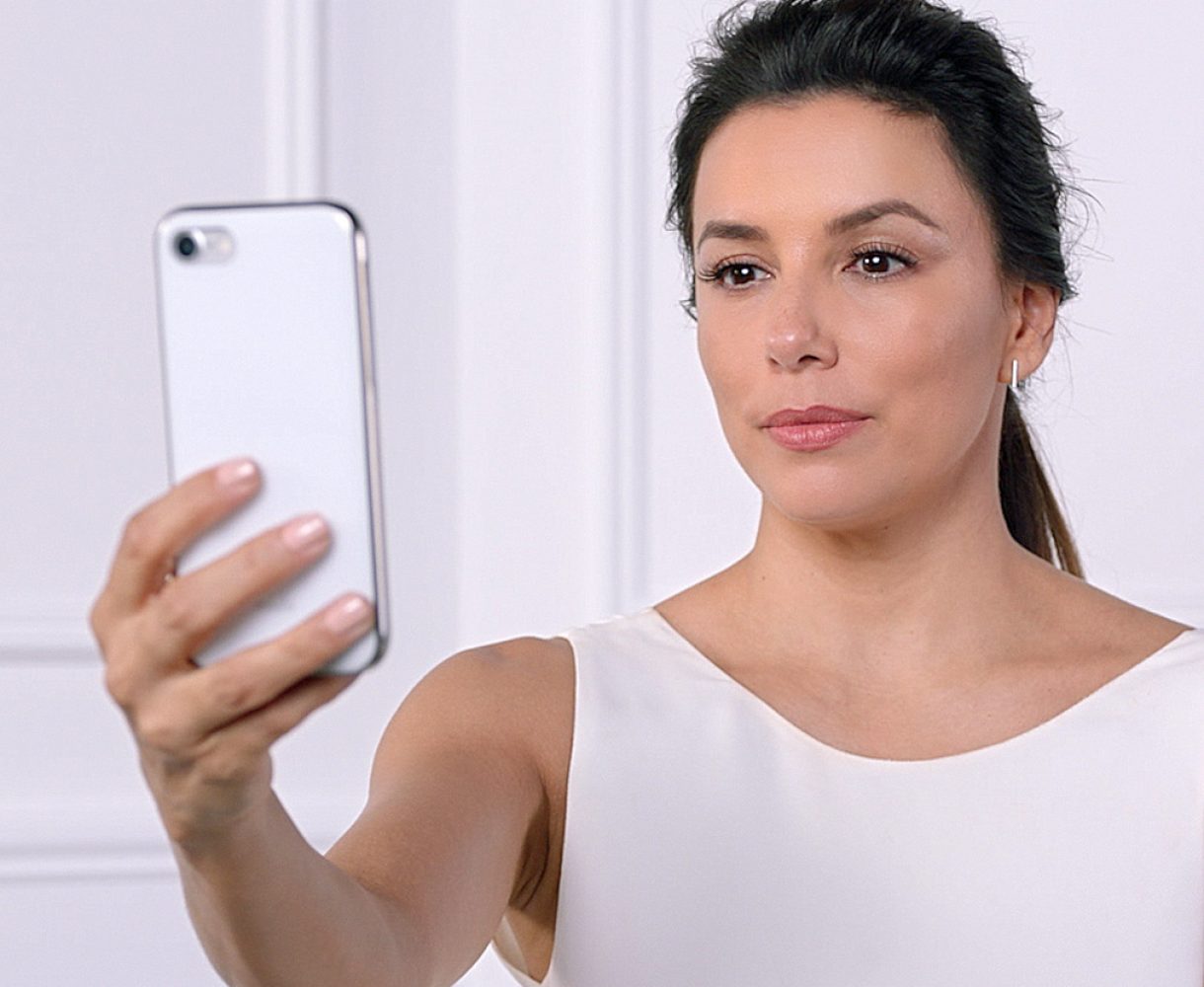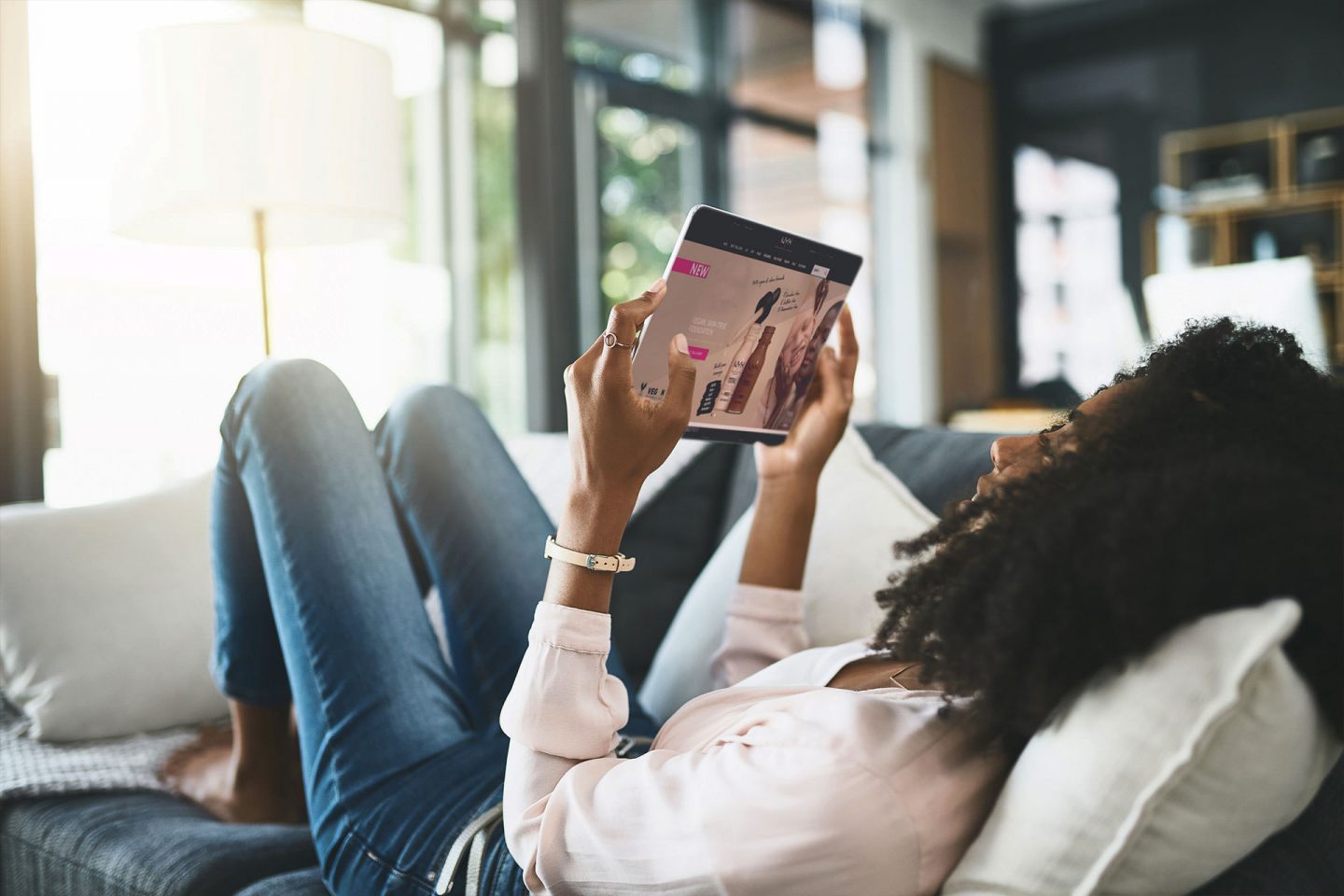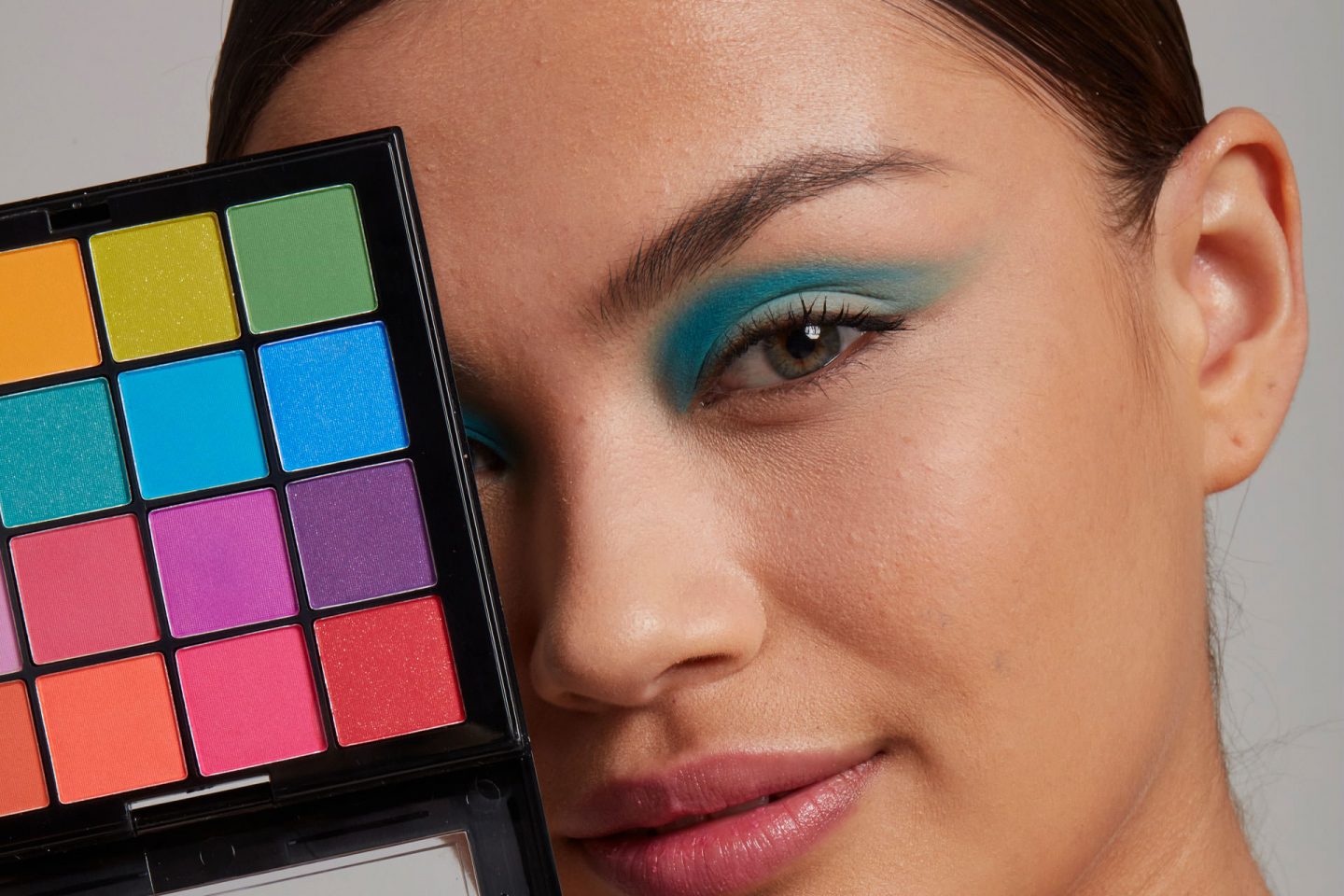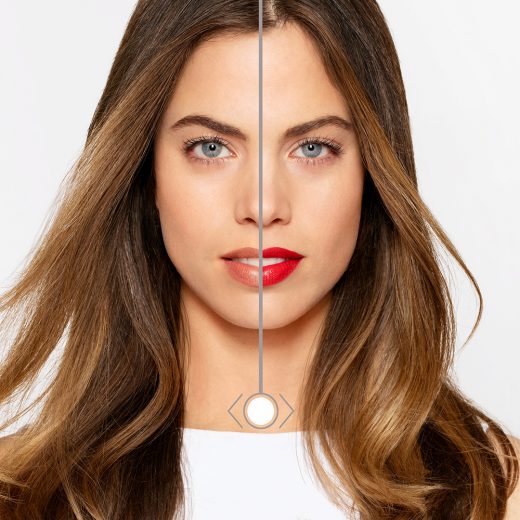
Making beauty e-accessible
E-commerce goes from strength to strength
Strong engagement from the L’Oréal teams and the roll-out of activation plans designed to boost online sales strengthened the Consumer Products Division’s brands in e-commerce. Thanks to its digital edge, the Division accelerated its conquest of this channel of distribution, increasing online sales by 47.1% like-for-like. The United States, where the share of e-commerce nearly doubled, perfectly illustrates the trend. E-commerce also accelerated in emerging markets.

Services for a new beauty experience
The growing success of e-commerce is also due to the accelerated development of the online services the Division offers. For example, ModiFace virtual try-on technology, which is based on an artificial intelligence algorithm, provides several real-time services, including virtual makeup try-ons with personalised product recommendations. Today, suggestions for new makeup looks and the promise of a foundation perfectly suited to the consumer’s complexion are among the services available on all of the Division’s brand websites as well as on many partner platforms.NYX Professional Makeup is a benchmark in terms of its commitment to supporting its community of consumers. Its offering grew to include online makeup classes and even entertainment such as a music festival aired live on Instagram. L2 Gartner rewarded the brand by naming it the leading digital beauty brand in the United States. In skincare, the mobile app Skin Genius by L’Oréal Paris provides instant skin diagnoses for consumers along with targeted routine recommendations. Bolstered by the resounding success of virtual try-ons, L’Oréal added to its catalogue of online services in 2020. Users can now get hair diagnoses that recommend hair colour shades. These services meet growing expectations among consumers by enabling them to make informed choices before buying from the comfort of their own homes.

New technologies boost offline sales
Virtual try-ons are also incredibly relevant in brick-and-mortar stores, where distributors have removed makeup and skincare testers to comply with public health regulations. Consumers can use their mobiles to scan QR codes to access personalised virtual try-ons that make up for the absence of traditional testers. Point-of-sale advertising includes tutorials that teach consumers how to use the virtual try-ons, which are particularly easy to use since they don’t even require the user to download an application.




